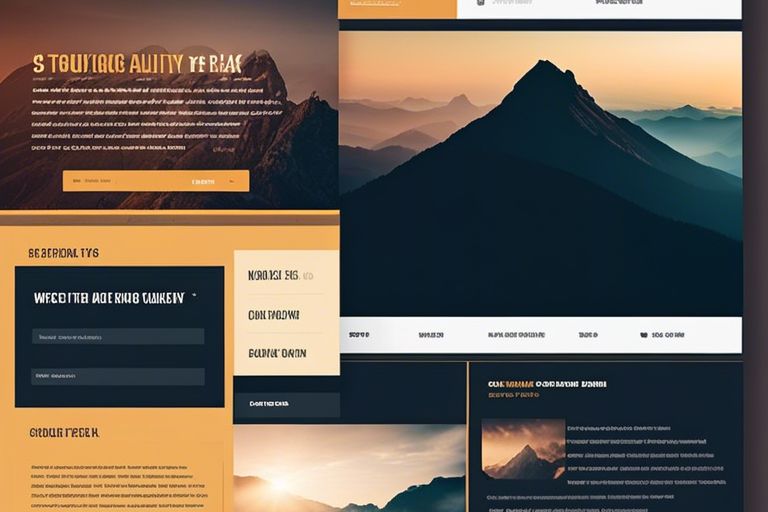SEO is crucial for increasing a website’s visibility and rankings on search engines. On-page SEO practices play a significant role in optimizing individual web pages to rank higher and attract more organic traffic. Here are some of the best On-page SEO practices that can help improve your website’s rankings:
Quality Content: One of the most important On-page SEO practices is creating high-quality, relevant, and engaging content. Search engines prioritize content that is valuable to users, so make sure your content is well-written, informative, and offers value to your audience.
Optimize Title Tags: Title tags are crucial for SEO as they provide search engines with information about the content of a page. Make sure to include relevant keywords in your title tags and keep them under 60 characters to ensure they display properly in search results.
Meta Descriptions: Meta descriptions are brief summaries of a web page’s content that appear in search results. Optimize your meta descriptions by including relevant keywords and a compelling call-to-action to entice users to click on your link.
Optimize Headings: Use HTML heading tags (H1 to H6) to structure your content and make it easier for search engines to understand the hierarchy of information on your page. Include relevant keywords in your headings to improve SEO.
Optimize Images: Use descriptive file names and alt text for images to help search engines understand the content of your images. Optimizing images can improve your website’s visibility in image search results and enhance user experience.
Internal Linking: Internal linking helps search engines navigate your website and understand the relationship between different pages. Create a logical internal linking structure by including relevant links within your content.
Mobile-Friendly Design: With the increasing use of mobile devices, having a mobile-friendly website is important for SEO. Ensure your website is responsive and displays properly on all devices to provide a seamless user experience.
Page Load Speed: Page load speed is a critical factor in determining a website’s ranking on search engines. Optimize your website’s speed by minimizing code, compressing images, and using a reliable hosting provider.
User Experience: Prioritize user experience by creating easy-to-navigate, well-organized web pages with clear calls-to-action. A positive user experience can lead to higher engagement and better rankings on search engines.
Regularly Update Content: Refreshing your content regularly with new information, updates, and relevant keywords can improve your website’s visibility and attract more organic traffic.
By implementing these best On-page SEO practices, you can enhance your website’s visibility, attract more organic traffic, and improve your rankings on search engines. Stay updated with the latest SEO trends and algorithms to ensure your website remains optimized for higher rankings.
CATEGORY:Website Design

